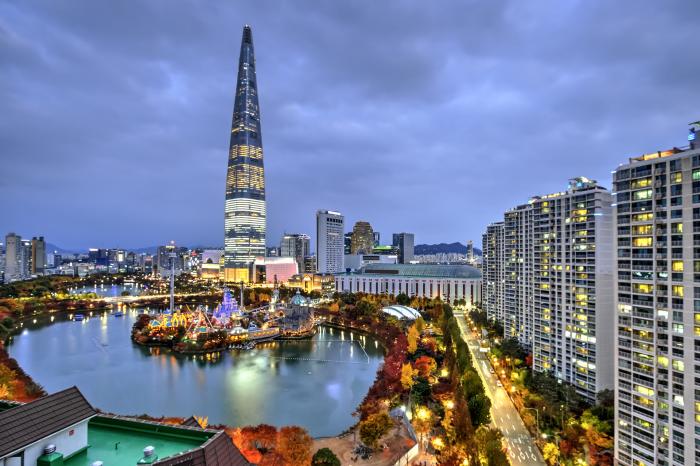For decades, South Korea has held the troubling distinction of being the world’s largest “baby exporter,” sending hundreds of thousands of children abroad following the devastation of the Korean War and the subsequent socio-economic upheavals. However, a recent report from a Korean government commission has brought to light alarming evidence that some of these adoptions were not merely the result of desperate circumstances but were marred by coercive and abusive practices.
Systemic Coercion Exposed
The Truth and Reconciliation Commission, established in 2022 to investigate allegations of malpractice in South Korea’s adoption system, has unveiled a disturbing pattern of forced relinquishments. According to the commission’s report, which was released earlier this week, there is substantial evidence that many mothers were coerced into giving up their children. The investigation revealed that in the 1980s, several government-funded care facilities were involved in forcibly removing babies from their mothers, often just days after birth.
The commission examined records from three care facilities located in Daegu and Sejong, focusing on events from 1985 and 1986. The findings indicate that at least 20 children were transferred to adoption agencies under questionable circumstances. Most of these children were subsequently adopted by families in the United States, Australia, Norway, and Denmark.
“The circumstances confirm the facilities forcing mothers to give up their parental rights,” the commission stated. This revelation represents a significant, albeit bittersweet, milestone for adoptees who have long sought accountability from the government.
The commission’s investigation is ongoing, with additional scrutiny being applied to cases involving potentially falsified documentation. An interim report detailing further findings is anticipated later this year.
The Legacy of International Adoptions
Since the 1950s, over 200,000 South Korean children have been adopted internationally. Initially spurred by the aftermath of World War II and the Korean War, this phenomenon saw many children placed with families primarily in the United States and Europe. While adoptions continue today, the trend has notably declined since the 2010s, following legislative changes aimed at addressing systemic issues and reducing the number of children adopted overseas.
For many adoptees who grew up in predominantly homogeneous societies, the search for their Korean roots has become a profound journey of self-discovery. Many of these individuals report feeling a sense of disconnection from their heritage and struggle with identity issues stemming from their early life experiences.
Reactions from Adoptees and Advocates
The commission’s findings have elicited a range of reactions from those directly affected by these adoption practices. Susanné Seong-eun Bergsten, a Korean adoptee raised in Sweden, expressed mixed feelings about the report. “It’s truly terrifying to hear how systemic these issues were, but I wouldn’t say it’s necessarily surprising,” Bergsten told CNN. Although her own adoption was not marked by falsified paperwork, she empathizes with the broader struggles of the adoptee community, having been actively involved in advocacy.
Bergsten criticized the simplistic narrative often associated with international adoptions, where such moves are portrayed as purely benevolent acts of rescuing children from poverty. “Our adoption papers often lack important information which could give us more context for adoption, like our cultural background, stigma, and the individual struggles that our parents faced in the post-war era,” she said.
Mark Zastrow, another Korean adoptee who was raised in the United States, described the findings as an “important milestone” in acknowledging the truth behind many adoptions. “The narrative that Korean mothers chose of their own volition to relinquish their children is, in all too many cases, a fiction,” Zastrow remarked.
Both Zastrow and Bergsten see the report as a crucial step forward but emphasize the need for continued governmental accountability. Bergsten, in particular, advocates for reparations and a more comprehensive reckoning with the past. “Adoption touches every level of Korean society, every economic class,” Zastrow noted. “There is still much about Korean adoption that has not been formally acknowledged.”
Moving Forward
As South Korea grapples with these revelations, the focus now shifts to addressing the legacy of its adoption practices. The findings underscore the need for continued transparency and reform in adoption policies. For the adoptees who have long awaited recognition and justice, the commission’s report provides both validation and a renewed impetus for advocacy.
The Truth and Reconciliation Commission’s work is far from complete, and the interim report due later this year will likely provide further insights into the extent of the abuses and the systemic issues within the adoption process. For now, the global community watches closely as South Korea navigates this difficult chapter and strives to make amends for past injustices.


